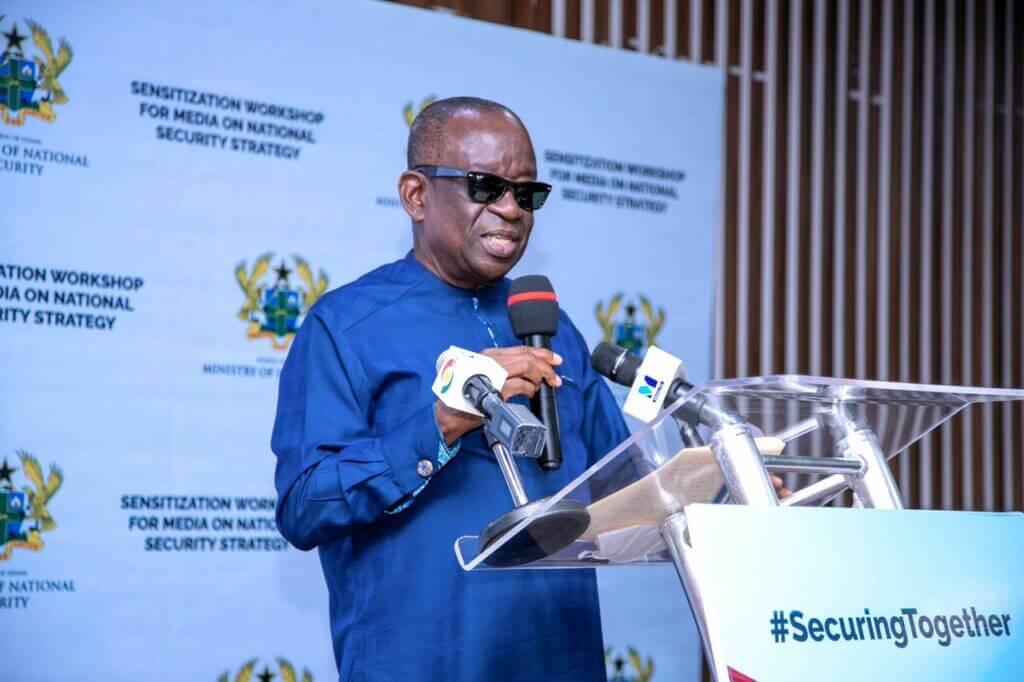Extremists blame others for problems and use the blame game to recruit others with feelings of frustration to turn them into a group united by a sense of purpose.
Without doubt, communicating about terrorist threats and the ensuing measures is paramount for a government that wants to maintain the trust and confidence of its citizens.
When the authorities are not willing or able to communicate, citizens will fill in that space themselves, possibly with all kinds of conspiracy theories, thereby again contributing to a climate of fear or even polarisation.
Threats can lurk almost anywhere – in person and online – and observant security personnel, families and community members are often the first line of defence against violent extremism and those who may be thinking about carrying out an attack.
In our society, people have many ways to express their views and support peaceful change, but extremists use violence against certain groups, the government, and innocent people to advance their beliefs.
If you detect a ‘call to action’ from someone who appears to be an extremist, then report it.
Don’t be a puppet or a bystander to such ill intentions. Don’t join these efforts to divide and destroy Ghana.
Investigations cannot be opened solely based on activities protected by the Constitution, including the freedom of speech and lawful assemble.
But, individuals espousing their desire for perpetuating violent criminal actions in attempts to furthering an extreme ideology will definitely be of interest to security and intelligence agencies.
If someone holds extreme beliefs and then makes a claim to act upon them in any manner that will be harmful to property or others, then that is reportable.
There has been a shift from in-person networks with local radicalisers to self-starting violent extremists inspired by online propaganda.
The internet and social media allows individuals to encourage other like-minded individuals while they themselves remain anonymous and in the shadows without needing face-to-face meetings to espouse threats along the lines of their ideology.
People of all ages should be made aware of the power that the internet has to promote distorted beliefs that can pop up anywhere, in any number of chat groups and websites, freely accessible to millions, separated by sometimes thousands of miles.
In view of this, an initiative dubbed “See something, say something” has been launched as part of efforts to mitigating security threats that confront the state.
It aims to provide security education to deepen engagement with the Ghanaian public in line with contemporary security practices to counter acts of terrorism and violent extremism.
Persons who notice anything unusual about the security situation of his or her immediate environment to inform the various agencies by dialing 999 toll-free number or report the issue using any of the security agencies phone numbers or social media handles.
The campaign is spearheaded by the National Security Ministry in partnership with the Ministry of Information.
The campaign by National Security and intelligence agencies is aimed at protecting people, information and facilities against terrorist activities.
Being always vigilant against terrorism always is important.
It requires time to learn about the most common kind of threats, what signs to look for and how to report them to proper authorities.
Antiterrorism awareness empowers everyone to take prevention measures.
Everyone can act as sensors in the community by being aware of suspicious activity and reporting it.
Heightened awareness can be the key to prevent acts of terrorism.
We, as Ghanaians, regardless of our ethnic, religious, and political differences have a collective duty to protect our state against terrorism and violent extremism.
Source: The Finder

